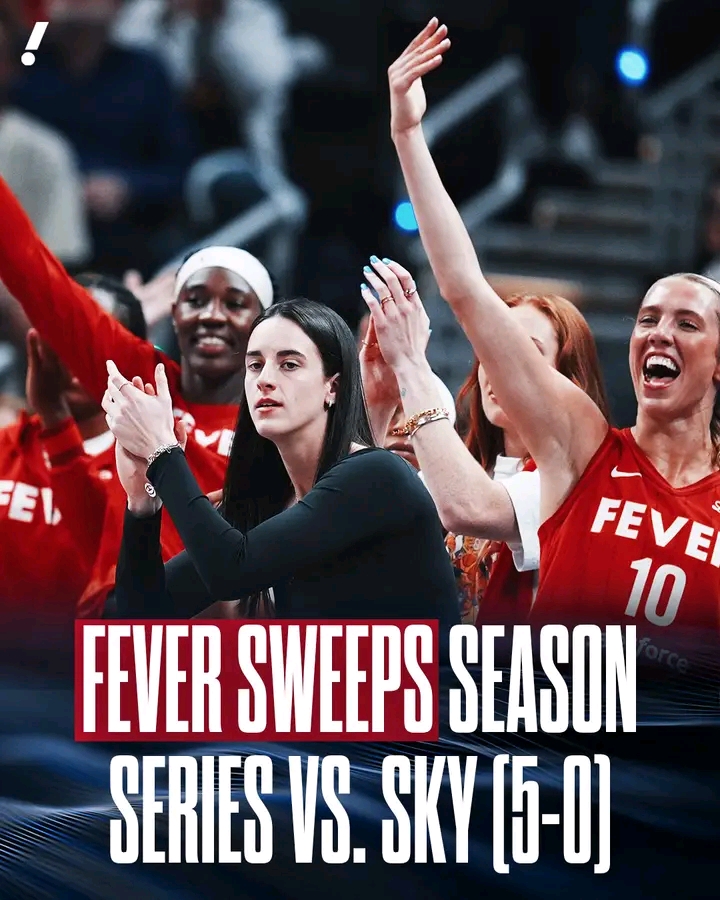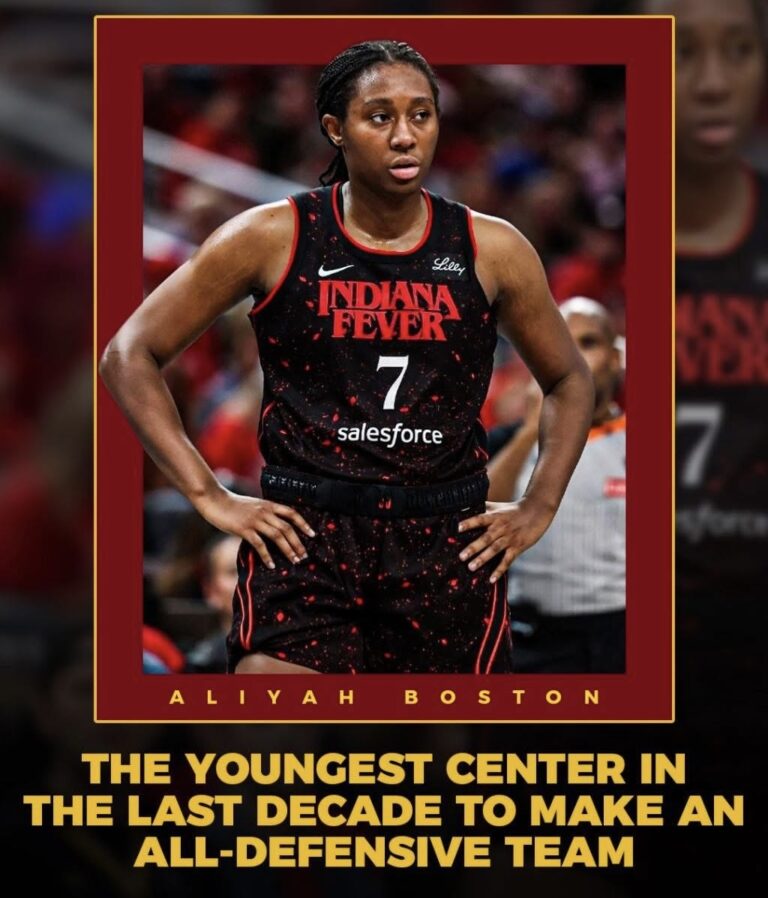
Reba McEntire. The name alone conjures images of shimmering gowns, powerful vocals, and a career that has spanned decades, leaving an indelible mark on the landscape of country music. From her humble beginnings on the rodeo circuit to becoming a global icon, Reba’s journey is a testament to grit, talent, and an undeniable connection with her audience. But what is the secret to her enduring success? What’s the key to navigating the ever-shifting tides of the music industry and remaining relevant in a world obsessed with the next big thing? We’ve dug deep, explored her interviews, examined her career trajectory, and, well, maybe we’ve even done some “detective work,” and the answer isn’t quite as obvious as you might expect.
The easy answer? Talent. Reba possesses a voice that can soar to operatic heights and then drop to a comforting, conversational whisper, capable of conveying a wide range of emotions. Her acting chops are undeniable, her comedic timing impeccable. She’s a businesswoman, a philanthropist, a media mogul. Yes, talent is undoubtedly a cornerstone of her success. But talent, while essential, is not the whole story. Countless talented individuals have faded into obscurity, leaving behind fleeting moments of brilliance. So, what’s the secret?
Forget the whispers of secret vocal coaches, hidden collaborations, or industry manipulation. The truth is, the secret to Reba’s longevity lies in a multifaceted approach, a carefully crafted persona, and an unwavering commitment to her craft. But, the key to unlocking it all is the element she’s been subtly, and perhaps unintentionally, “hiding” in plain sight: **her profound understanding of the narrative.**
Country music, at its heart, is storytelling. It’s about real people, real emotions, and real experiences. Reba McEntire has always understood this fundamental principle. From her early hits like “Fancy” (a song about survival and resilience) to her later work like “Consider Me Gone” (a ballad about heartbreak and finding strength), Reba’s songs are not just collections of notes; they are vivid narratives, each one painting a picture in the listener’s mind.
Think about it: “Fancy” isn’t just a song; it’s a short story about a girl rising from poverty to claim her destiny. It resonates because it taps into a universal desire for self-determination and the courage to overcome adversity. Reba’s masterful delivery – the dramatic pauses, the inflections, the sheer vulnerability – elevates the narrative, drawing the listener into the character’s world. She doesn’t just sing the song; she *becomes* the story.
This narrative understanding extends beyond her music. Reba has carefully cultivated a persona that reflects the values of her audience. She’s the down-to-earth, relatable “girl next door” who happens to be a superstar. She’s the strong, independent woman who embodies resilience and grace. This connection, built through carefully curated appearances, interviews, and even her sitcom, *Reba*, has fostered a deep sense of trust and loyalty with her fans. They see themselves in her, they believe in her, and they follow her journey.
The music industry is a constantly evolving landscape. Artists who cling to the past often struggle to remain relevant. Reba, however, has proven herself to be a master of adaptation. This is where the “secret” of adaptation blends with her narrative approach. She doesn’t simply change styles on a whim; she carefully weaves new sounds and themes into her existing narrative, creating a cohesive and compelling whole.
Consider her foray into acting. Her roles in films like *Tremors* and her successful television show, *Reba*, allowed her to expand her creative horizons and connect with a broader audience. She didn’t abandon her country roots; she simply broadened her platform, allowing her to reach more people with her message.
Similarly, when musical trends shifted, Reba didn’t try to replicate them. Instead, she incorporated elements of pop and rock into her music, while remaining true to the core of her storytelling. She collaborated with artists from different genres, introducing her fans to new sounds while also introducing her to new audiences. Each of these moves wasn’t just a business decision; it was a strategic evolution of her narrative, demonstrating growth, adaptability, and a willingness to embrace change.






